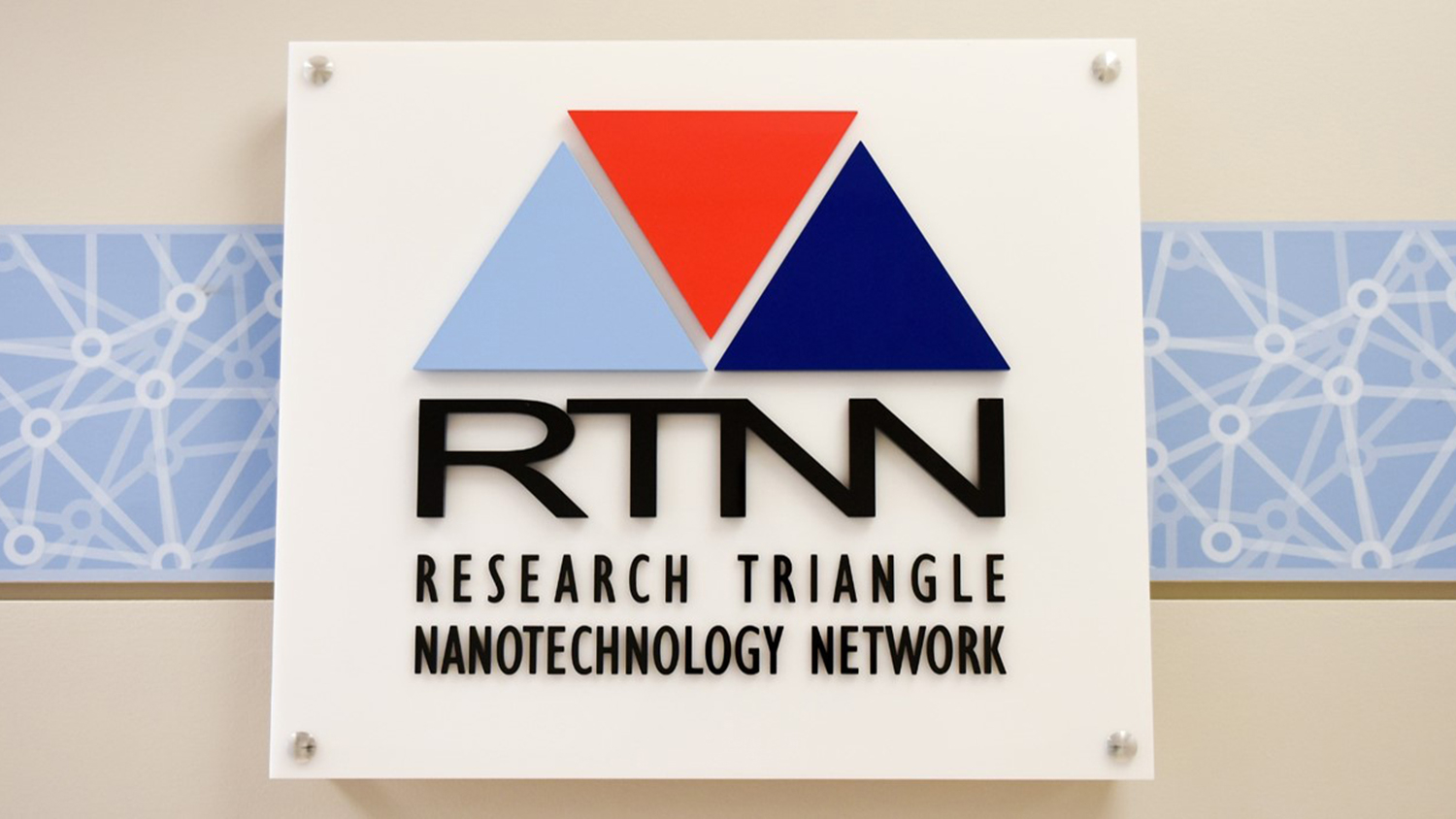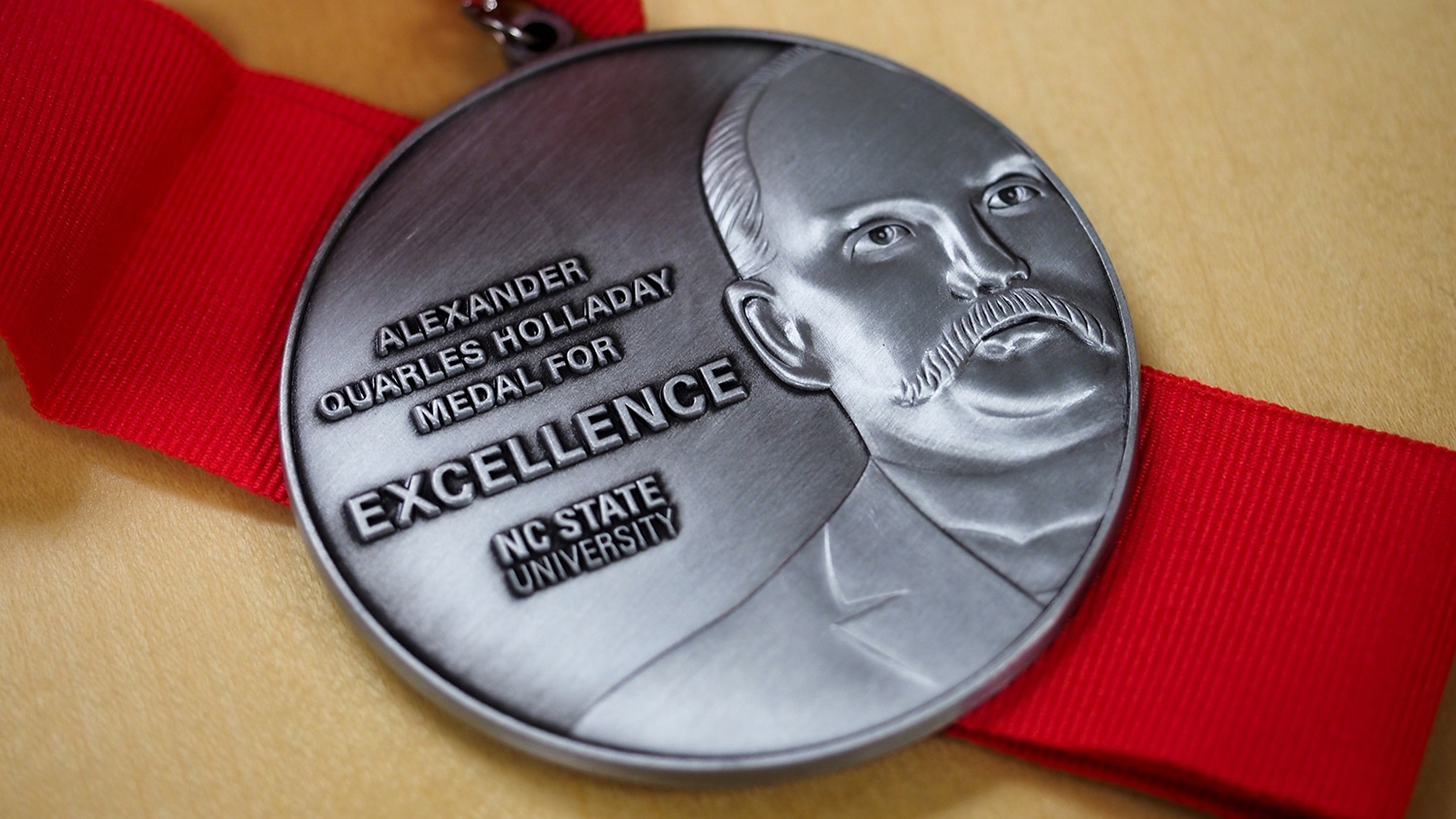Patala receives NSF CAREER award
 Dr. Srikanth Patala, assistant professor of materials science and engineering at North Carolina State University, has received a Faculty Early Career Development (CAREER) award from the National Science Foundation (NSF) for his research proposal, “Mapping the Genome of Metallic Grain Boundaries – Structure, Thermodynamics and Kinetics.”
Dr. Srikanth Patala, assistant professor of materials science and engineering at North Carolina State University, has received a Faculty Early Career Development (CAREER) award from the National Science Foundation (NSF) for his research proposal, “Mapping the Genome of Metallic Grain Boundaries – Structure, Thermodynamics and Kinetics.”
The NSF CAREER award is one of the most prestigious awards in support of junior faculty members who exemplify the role of teacher-scholars through outstanding research, excellent education and the integration of education and research within the context of the mission of their organizations.
Patala’s research will focus on developing a novel geometrical framework to quantify the atomistic structure of grain boundaries (GBs) as three-dimensional polyhedral units. The objective is to reduce the complexity of GBs to a minimal set of fundamental structural units and ultimately facilitate an efficient computation of structure-property relationships. GBs are two-dimensional defects in engineering materials that govern a wide array of phenomena such as diffusivity, conductivity and resistance to failure under extreme environments like high temperatures and corrosive atmospheres. The lack of robust GB structure-property relationships is considered to be one of the biggest obstacles to understanding the behavior of polycrystalline materials.
For the educational portion of the grant, Patala plans to develop demonstrations and computer simulation exercises for high school students to explore concepts in materials science and engineering in collaboration with a local Early College High School. He also plans to train the next generation of secondary school teachers in the scientific process through summer research internships.
Patala received a B.Tech degree in metallurgical and materials engineering from the Indian Institute of Technology, Madras in 2005. He received M.S. and Ph.D. degrees in materials science and engineering from the Massachusetts Institute of Technology in 2008 and 2011, respectively. The five-year, $502,134 grant will begin June 1, 2016.
- Categories:


